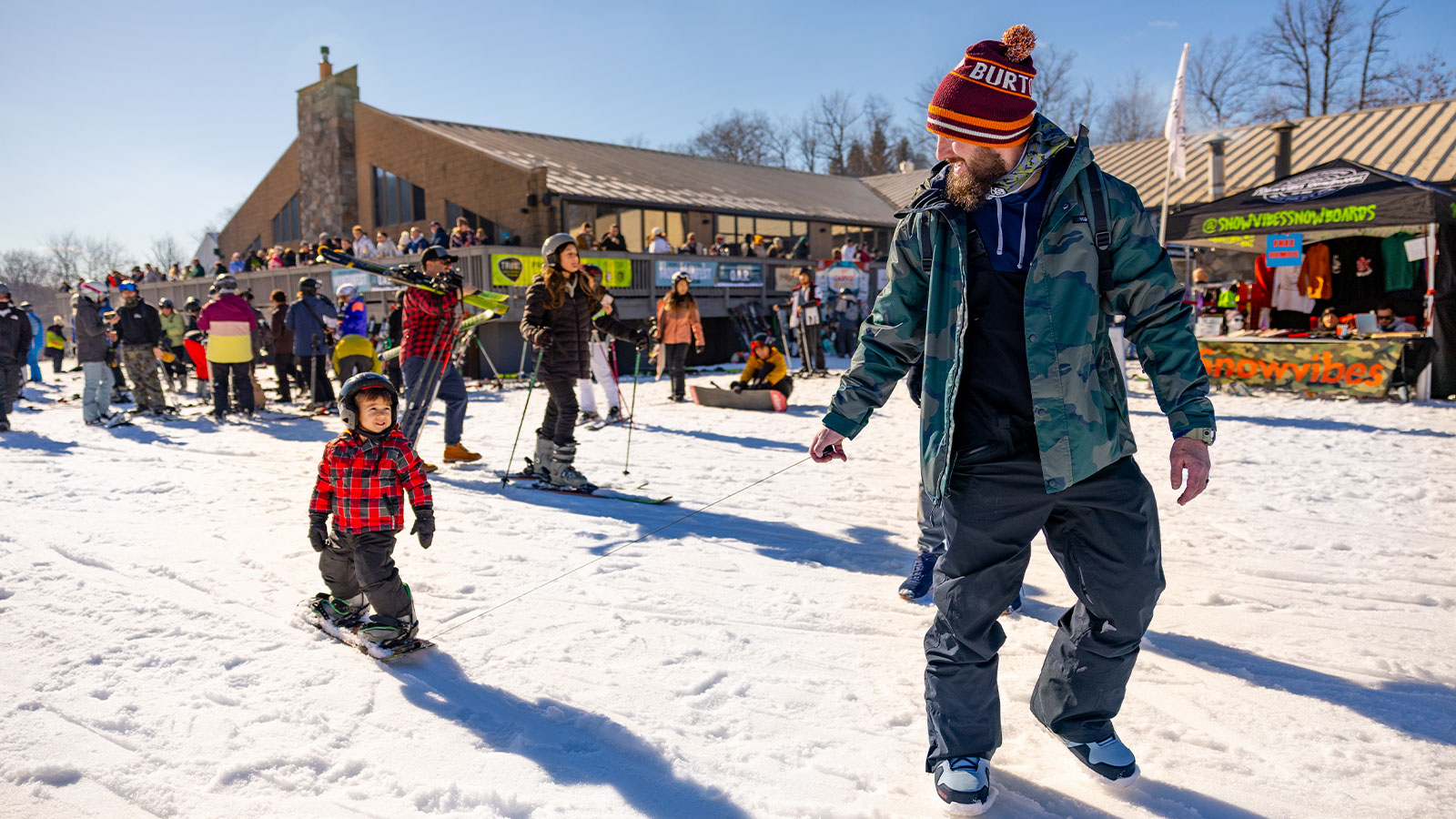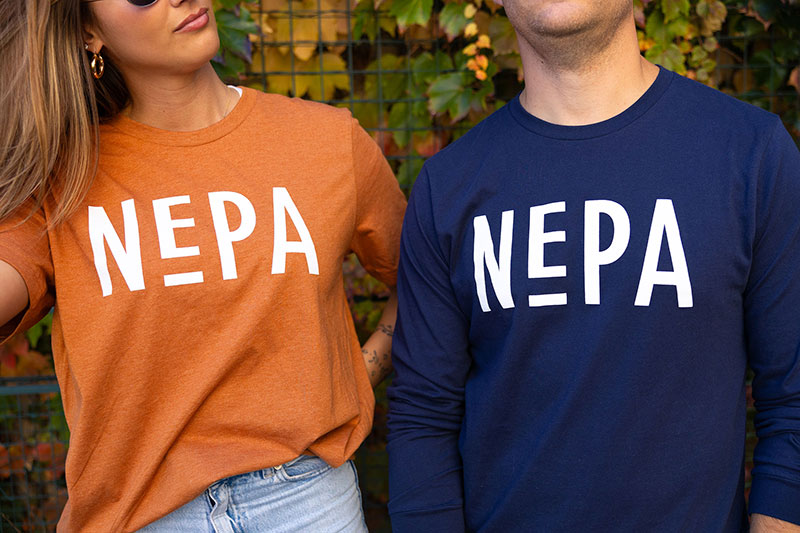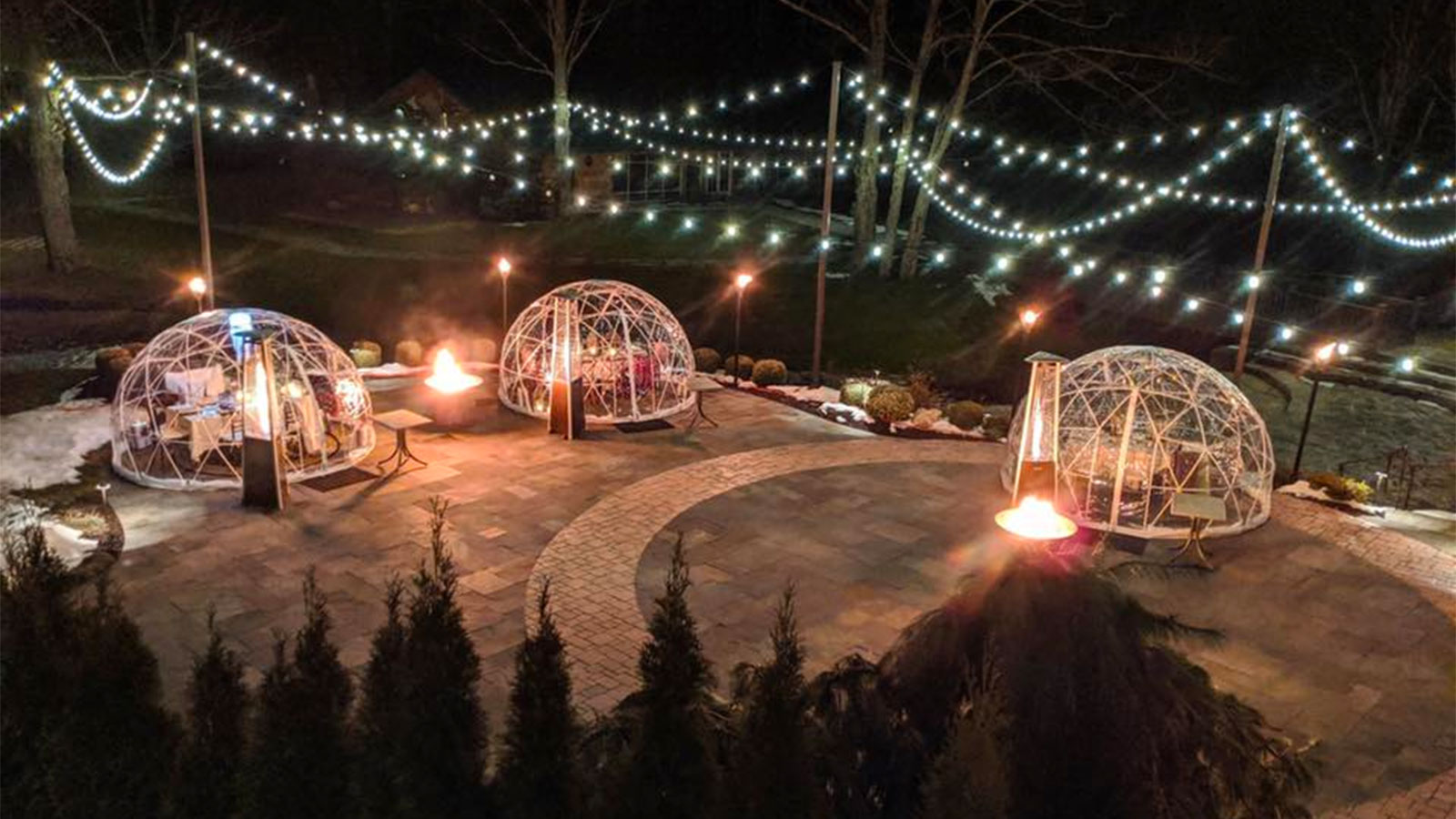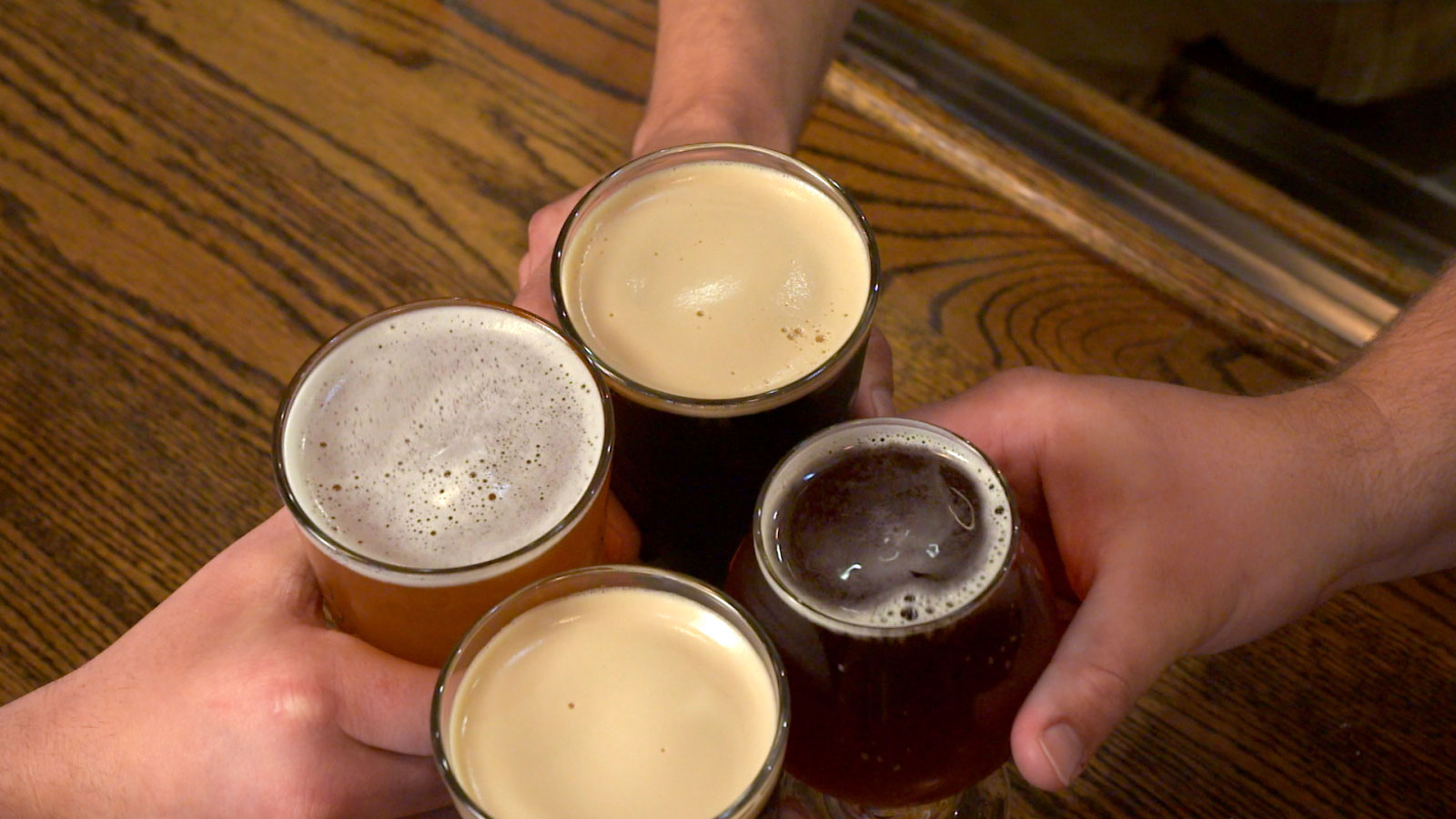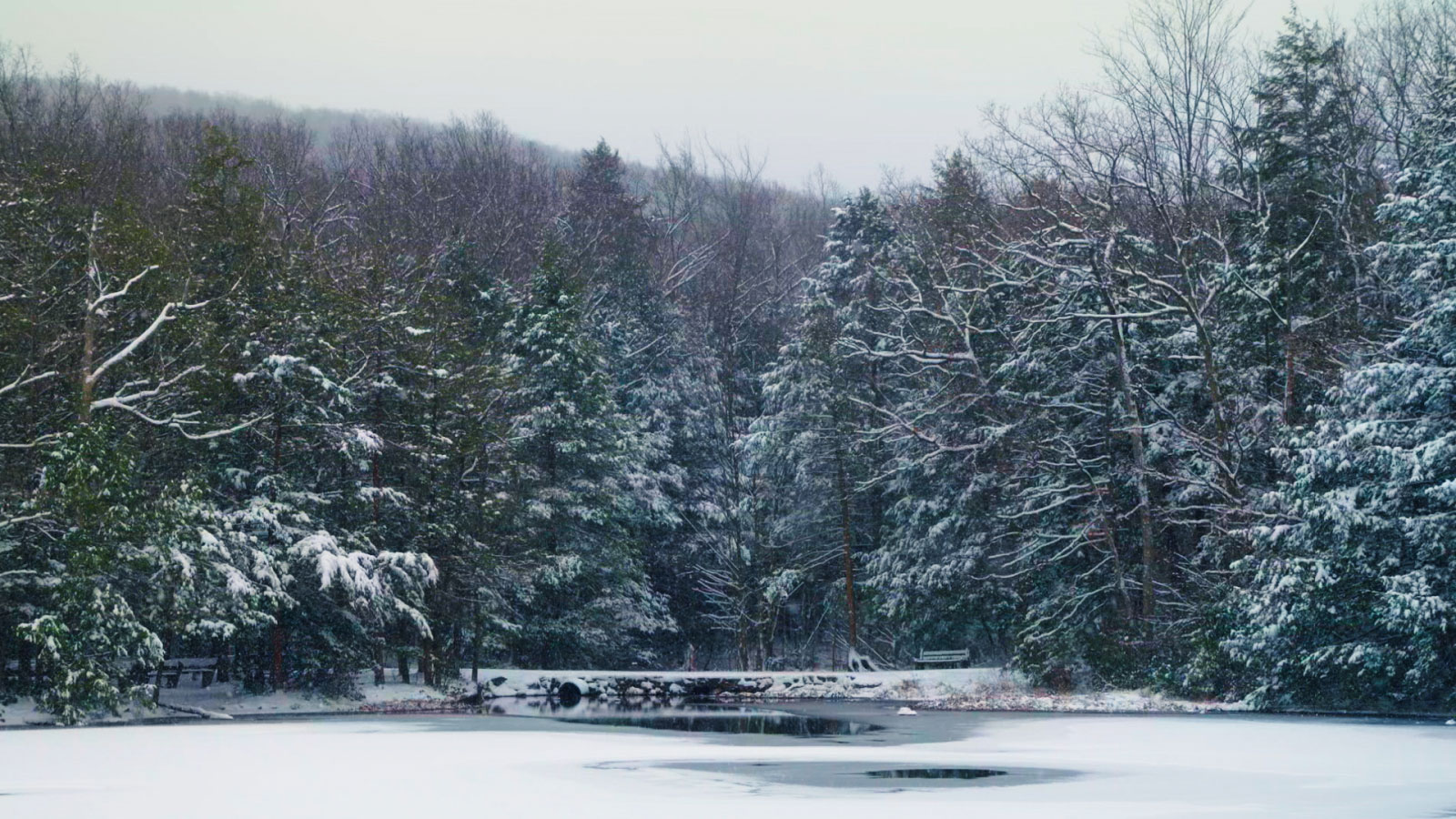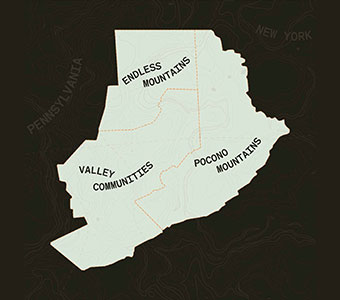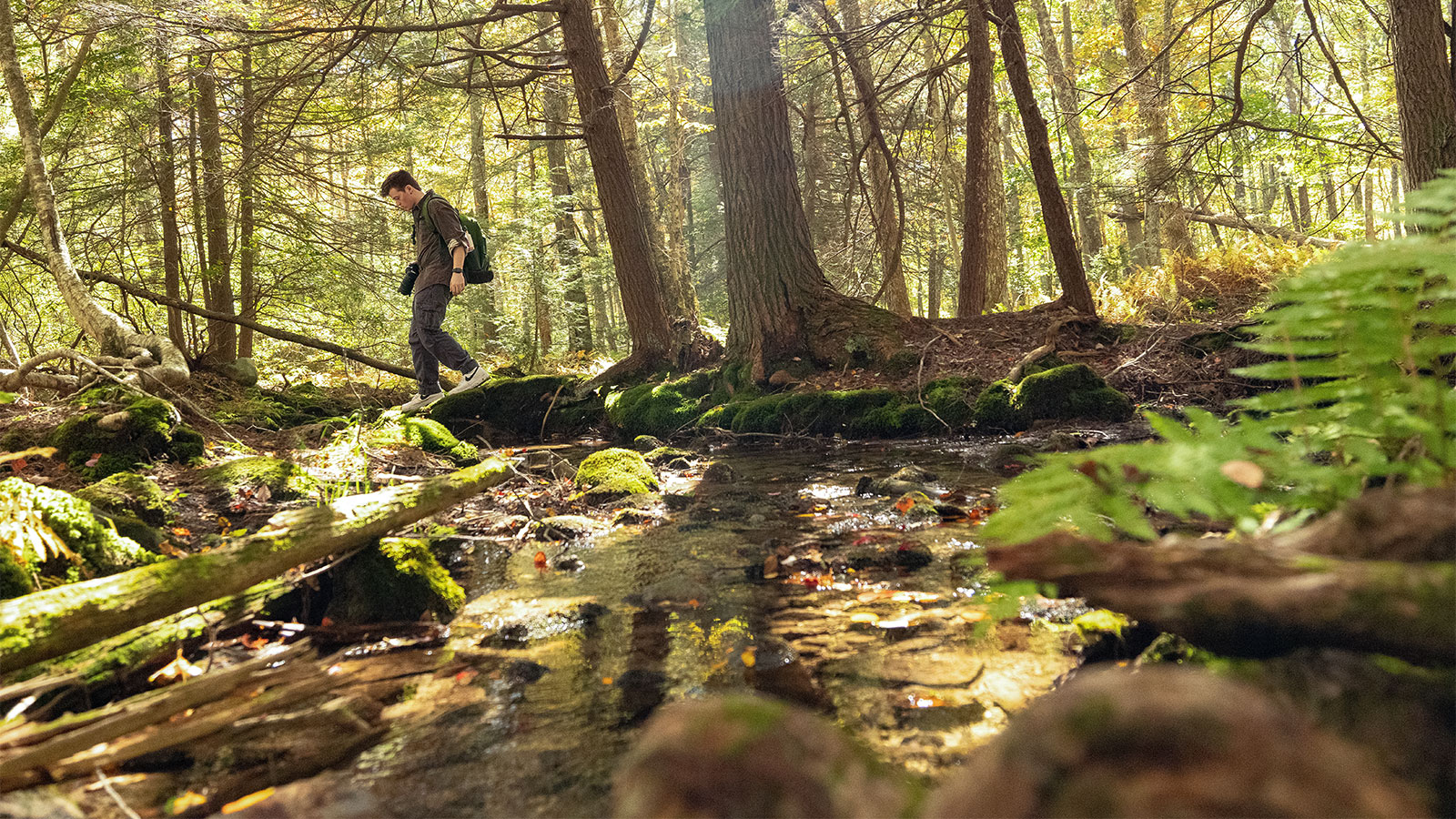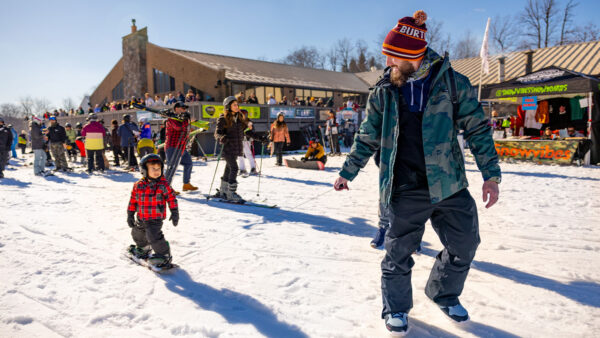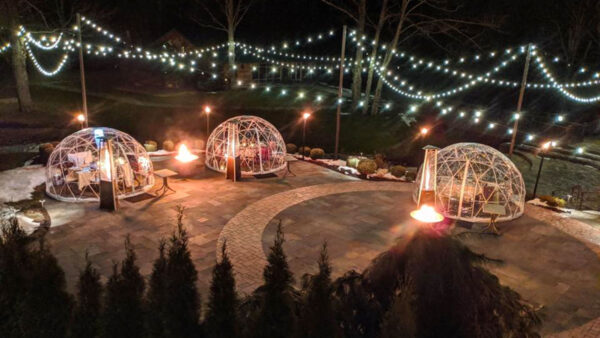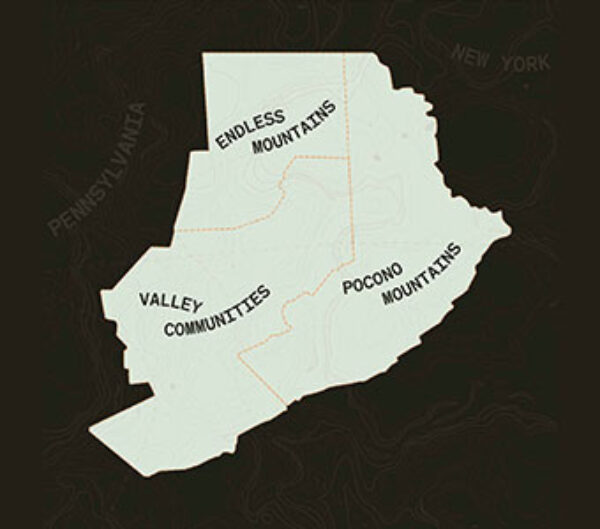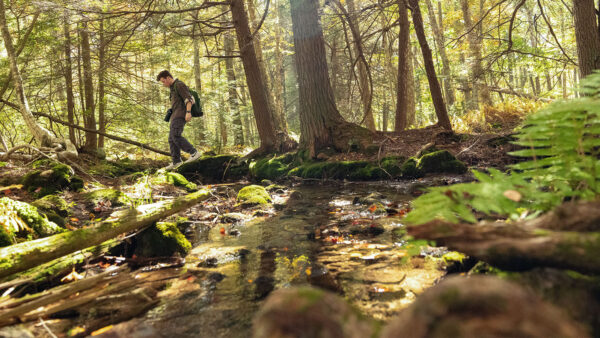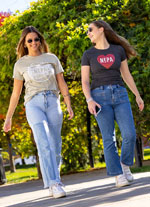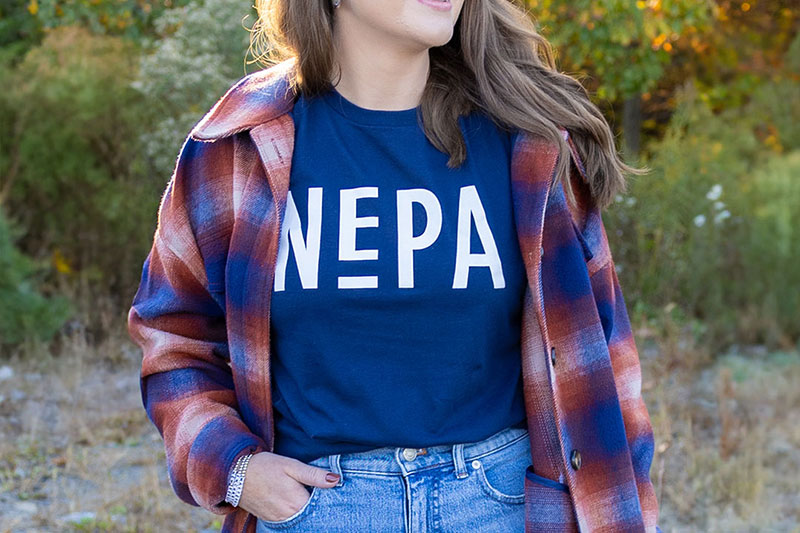"This area has such a unique environment and so much potential for growth. I'm approaching this from an environmentalist perspective—it’s just plain beautiful."
John Maday is a dedicated community leader, volunteer and Vietnam War veteran who has called Northeastern Pennsylvania home for 80 years. Born in New Brunswick, New Jersey, he moved to the region at just one month old and grew up in Korn Krest, Hanover Township, with his mom, dad, two brothers and sister.
After serving two tours in Vietnam as a combat medic with the U.S. Air Force, John worked for the Civil Service Commission in Washington, D.C. He then returned to NEPA to pursue degrees in Business Administration and Political Science at Penn State and King’s College.
John’s professional career included 18 years at IBM, 10 years as Director of Development and Community Affairs at Little Flower Manor, now Allied Services Meade Street Skilled Nursing. In 2006, he transitioned to the Greater Wyoming Valley Chamber of Commerce, serving in Membership Services until his retirement in 2014.
A passionate runner, John has completed 25 marathons and still today runs six miles a day, five times a week. His commitment to his community extends beyond his career, including decades of volunteer work. Since 1990, he’s been an active member of the Riverfront Parks Committee, where he helps lead the efforts to preserve and conserve Wilkes-Barre’s River Common, Kirby Park Natural Area and Nesbitt Park.
With an active calendar of service work with the Downtown Wilkes-Barre Business Association, Diamond City Partnership and the Luzerne County Flood Protection Authority, John’s life reflects his dedication to perseverance in this community he loves.
With tales of his youth spent riding the trolley car down the San Souci Parkway to visit his grandparents, working at the San Souci Amusement Park, and plans to run a marathon when he turns 100, we also had to ask: Why NEPA?
How long have you lived in NEPA?
All my life, except for that time when I was in the military and when I worked in Washington. So, 80 years, minus a few.
What do you love about your town?
Wilkes-Barre is unique. Because I’ve lived here for so long, I saw it when it was at its heyday, way back when. And I saw it when it was on the decline. But now it’s coming back again. And it truly has become a college town. And it wasn’t always that way.
But it’s the walkability of it. It’s the unique architecture. When you look at the River Common, it’s just one of those communities that, when I worked at the Chamber, we used to get people coming, looking for businesses or whatever. They were so impressed with this town—how beautiful it is. Public Square. The farmers market. We have all of this stuff. The history, the unique history of this area, of the city, is amazing.
I couldn’t imagine living anywhere else. Everything I have is very close by. I’m less than two miles from this office, and the park and all that. And to think about the park system here, and we’re right along the river. To me, that’s what makes it so unique. It’s beautiful. It’s a beautiful town. The walkability of it, the ease of it.
What’s your favorite NEPA restaurant?
OK, I’m the president of the Downtown Wilkes-Barre Business Association. I have to be extremely diplomatic, and I don’t want to be a weasel and back out of it, and I’m not. What I’m saying is, I appreciate all of them. However, some of them are unique. So, any restaurant that I’m in, in Downtown Wilkes-Barre, is my favorite restaurant at that time, because I’m the president (laughs).
However, let me expand on that. There are some really unique places. I mean, you take somewhere like Pronto Via. That little place in there, that is unique. You don’t find something like that anywhere else. Obviously, Café Toscana. You know, everybody likes Café Toscana. Rodano’s. They’re all quality. They’re led by local people. They care about the community. I like going in there. We hold meetings there. The food is great.
When you expand out of the downtown—because I don’t spend all my time downtown—when you look at places like Ricci’s, here’s what’s interesting about this place. That’s probably one of the best places for Sicilian pizza. Franco’s, that’s another place. Leggio’s is a good one. They’re good, quality food. I can’t really say any one is my favorite because I don’t really have a favorite. It depends on what I’m in the mood for.
What’s your favorite thing to do in NEPA?
Well, it’s what I do. Work with the Waterfront Parks Committee. Work with the Flood Protection Authority. Work with the Diamond City Partnership and work with the Downtown Wilkes-Barre Business Association.
I would say that, if you think about what has the broadest reach, it’s the Riverfront Parks Committee because we’re teaching about the environment, but it’s the way we do it. We run these big events, draw in a lot of people and we’re constantly expanding. Every year we try to expand it, expand it, expand it. That takes up most of my time, and they’re big and involved. A lot is going on there. You have to raise money. You have to recruit volunteers. You know, what if you throw a party and nobody comes? You have to make sure people come to it.
So those are my favorite things to do. I’m heavily involved in them. Some people at this point in their life, they decide they’re going to sit on the porch. I’m coming in here every day and I’m trying to do something that hopefully leaves some kind of legacy.
What’s next for you?
What’s next is we already started our year. Our next big event is WinterFest the last Saturday in January.
But, with each year when we do our planning, there’s basically, I would say, turnkey parts of these events. We always look at maybe adding another event or two. You have to keep it fresh. You have to keep adding to it because you don’t want to go stale. So that’s what we’ll be working on.
We’ll have the Easter event with the Business Association. I’ll be ordering the eggs—7,000 eggs. So that’s, that’s my life right there.
Where do you see NEPA heading in the future?
The 10 counties that make up Northeastern Pennsylvania—if you look at that map, you can see right away why Northeastern Pennsylvania is significant. Look at that highway system. That’s why it has continued to grow.
I think one of the challenges with Northeastern Pennsylvania, especially locally, is focusing on regionalism. Thinking of this area as a (unified) Northeastern Pennsylvania and how it can progress is essential because industry is coming here. There’s land available for development.
There’s so much room for growth here. And because it’s so unique, when you look at those 10 counties, it’s beautiful. The environment is beautiful as long as we protect it. I think the region has all kinds of potential because of our access to markets. We’re a consumer-based economy, and the access to markets—coast to coast, north to south, east to west—is an asset.
Why NEPA?
Because it is different. It’s unique.
Let me preface that with this: no matter where you live, if you stay there and appreciate it, you’re going to find something unique about it. This area has such a unique environment and so much potential for growth. I’m approaching this from an environmentalist perspective—it’s just plain beautiful.
I couldn’t imagine living somewhere where, although the calendar says the seasons are changing, they don’t actually change. Even though people, including myself, say, “Oh, man. If I have to go out there in that snow one more time or shovel that snow,” I’d miss it. If it didn’t happen, if I lived somewhere where it never snowed or the leaves never changed, I couldn’t do that. I can’t imagine it.
The uniqueness of the environment—the mountains, the streams, the rivers, the changing of the seasons—that’s why I stay here. I would always be here.
I grew up here, but I’ve had the opportunity to live somewhere else. And when you see this place through that lens, you realize you could never leave.
